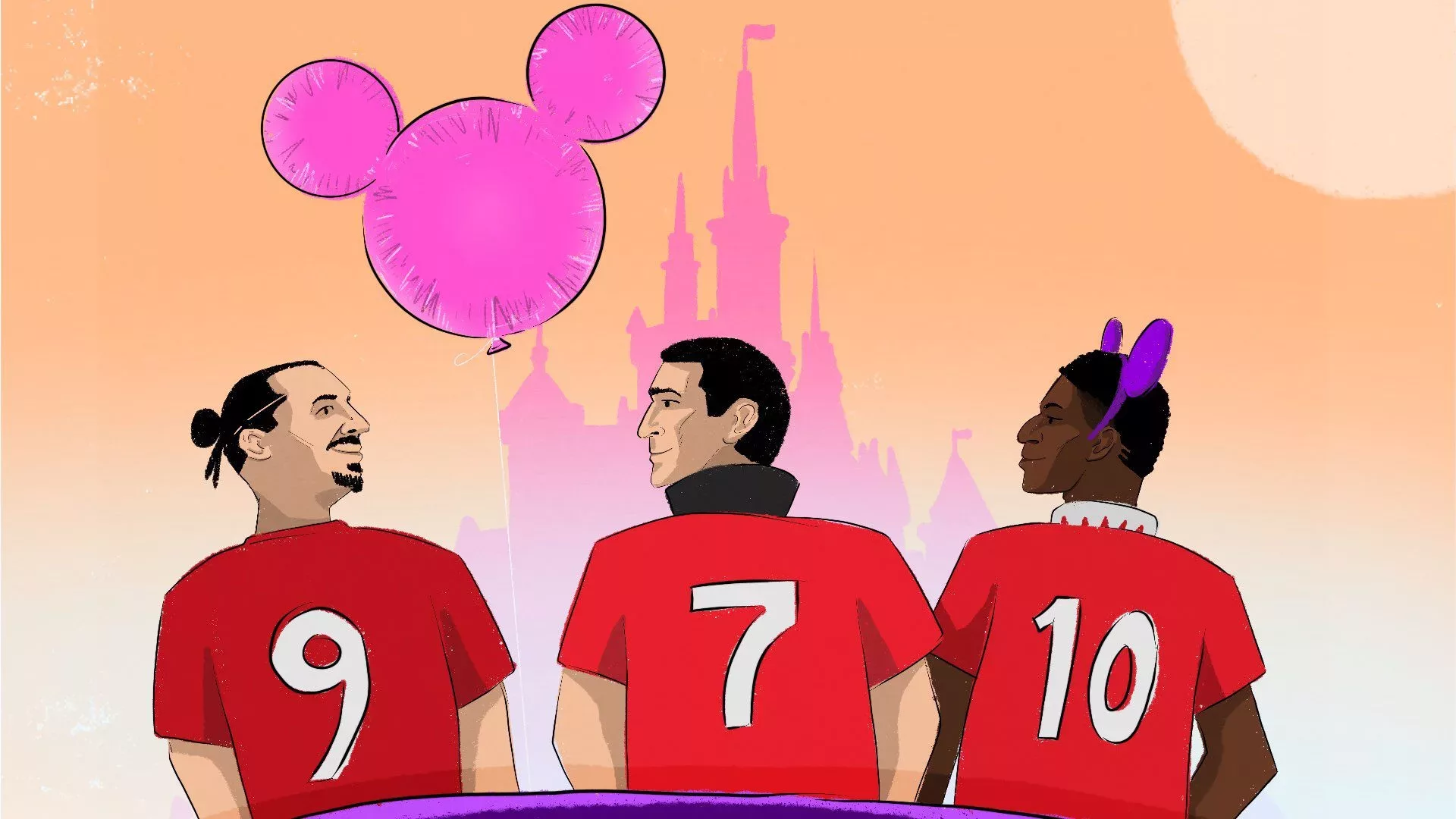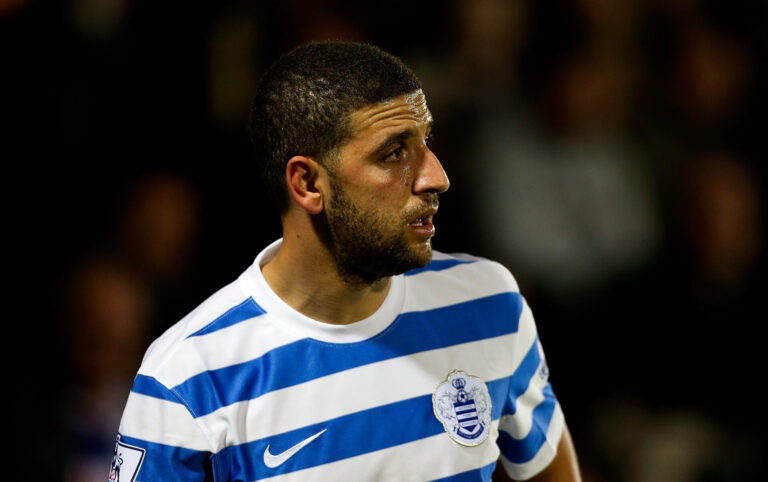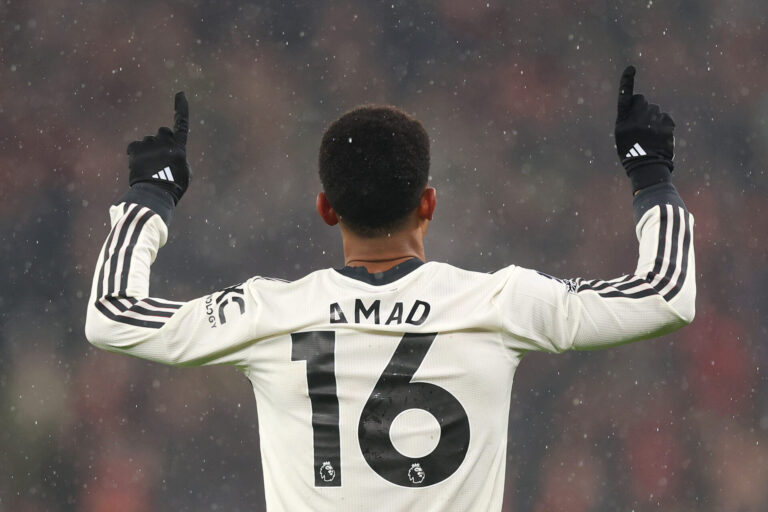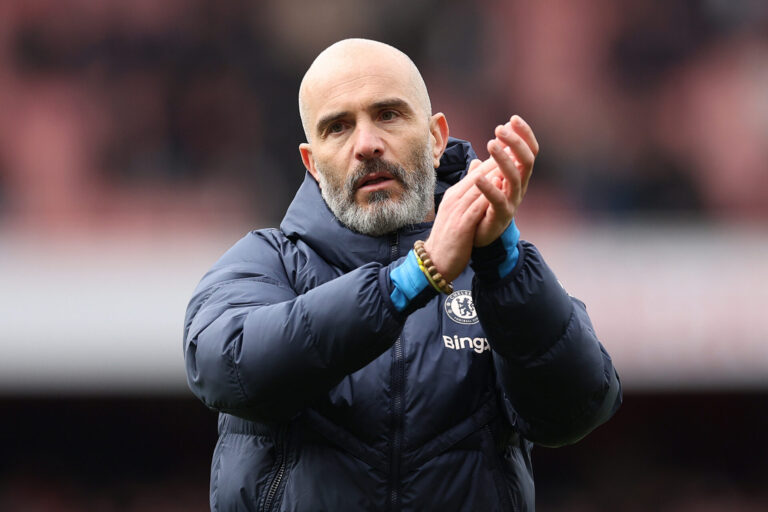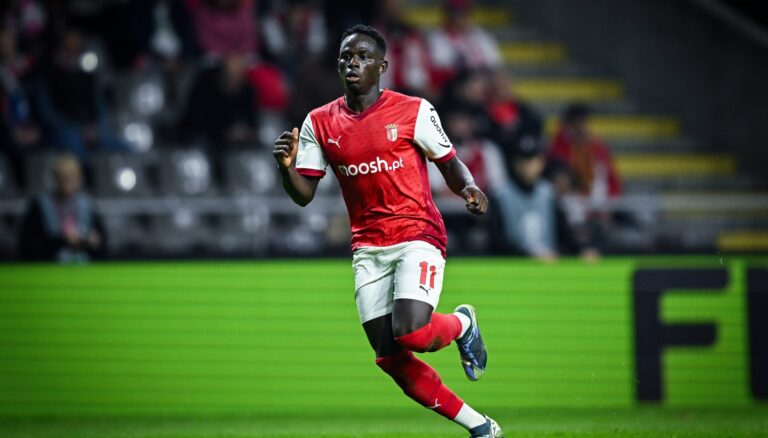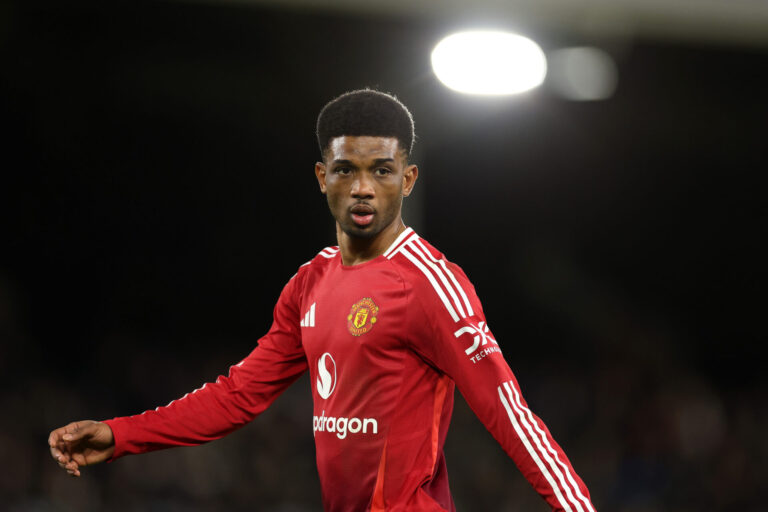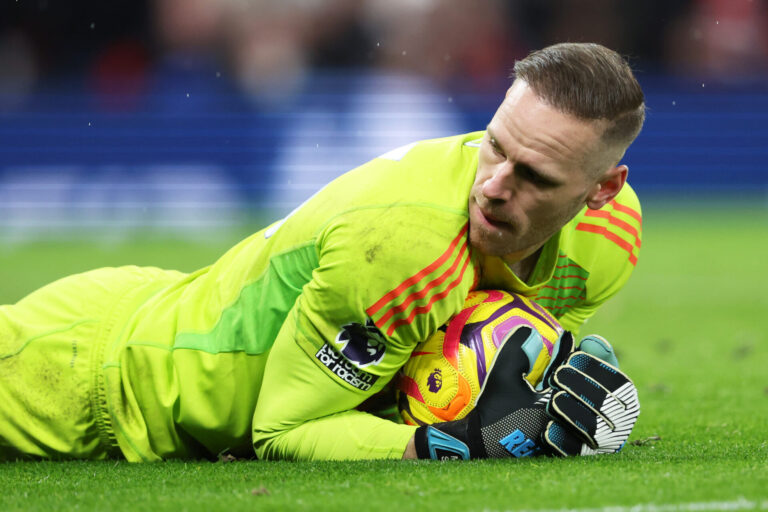Manchester United and Disney – Slaves to Nostalgia
In mid-2014, Manchester United were in a state of disarray. Their long-time manager, the great Sir Alex Ferguson, had just retired after serving 27 trophy-filled years at the club. His replacement, Everton man David Moyes, was tasked with following the legendary Scotsman and continuing the prolonged periods of success he had brought to the club.
This, for a variety of reasons, did not work out.
By February of Moyes’ first season in charge, things were already so bad that the club’s hierarchy was drawing up plans for a replacement. They interviewed various candidates, one of the more notable ones being Jürgen Klopp. The then-Dortmund manager met with Manchester United executive vice-chairman Ed Woodward and received a pitch about taking the managerial role at the club. It would seem to most fans that the club’s storied history and huge fanbase would speak for itself. There would be no need to add anything more when convincing somebody to join. However, Ed Woodward would draw a comparison to a similar institution with a storied history and a huge fanbase.
“An adult version of Disneyland” was the comparison Woodward drew. And while he may not have known it then, he didn’t know how correct he would be when comparing United to Disney…
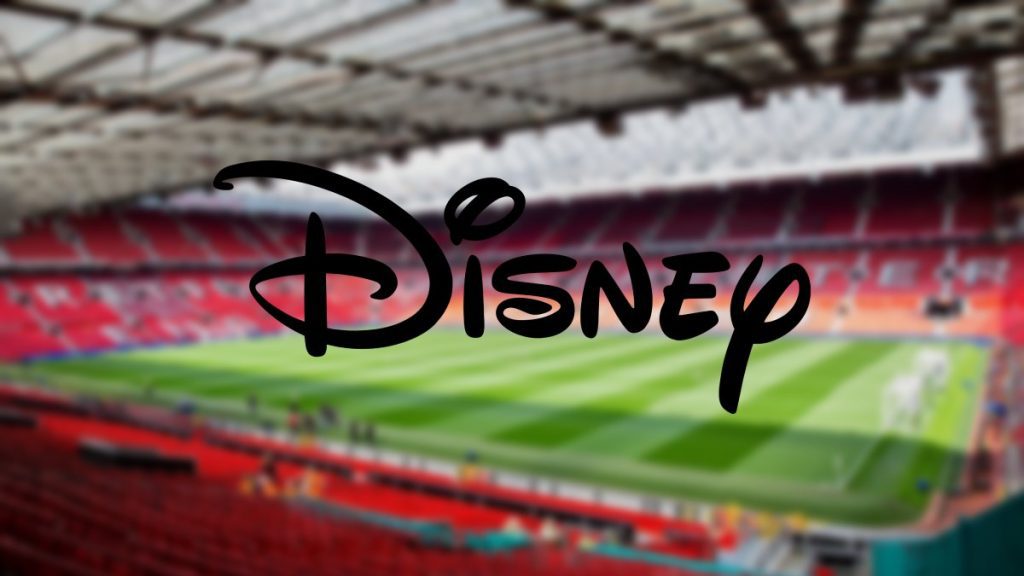
90s Success
In the wake of the death of its long-time leader, Walt Disney, Disney as a company began to decline. A failing movie, television, and theme park division had left them on the edge of collapse. The company had dodged many takeover efforts since 1966 and desperately needed a shake-up. They would eventually oust CEO Ron Miller in 1984. New blood came from Michael Eisner, Jeffrey Katzenberg, and Frank Wells. This quartet was all put in significant positions of power to bring back what many considered a sinking ship.
Katzenberg, the new Head of Walt Disney Studios, was now in charge of the once prosperous and esteemed animation department. After a string of box office failures in the 70s and 80s, Disney was losing its grip on the animation industry. An industry the company had enjoyed a monopoly on since the days of Walt.
The 90s, however, proved to be the turning point for Disney and animation. Under Katzenberg’s leadership, the department entered into a period known as the Disney Renaissance. They began producing much-loved classics like Beauty and the Beast, The Little Mermaid, Aladdin, and The Lion King, to name a few. Disney was back on top and cemented itself as the king of animation.
80s Floundering
Similarly, Manchester United was struggling in the 80s. Since the days of Sir Matt Busby and the Busby Babes, the Manchester club had declined into relegation battles. Falling behind their great rivals Liverpool. The club needed new blood, which came from the great Sir Alex Ferguson.
“Fergie” found early struggles with a team full of drunken and unmotivated players. He was close to getting sacked on multiple occasions. However, his leadership and eye for talent saw him through the late 80s and into an era of eternal glory. The man led United to league title after league title. Creating new memories and new legends throughout the 90s, all culminating in the treble in 1999. An FA Cup, Premier League, and Champions League trophy in a single season. He had once again cemented Manchester United as the kings of English football.
Fergie and Katzenberg are saviours of their institutions—renaissance men.
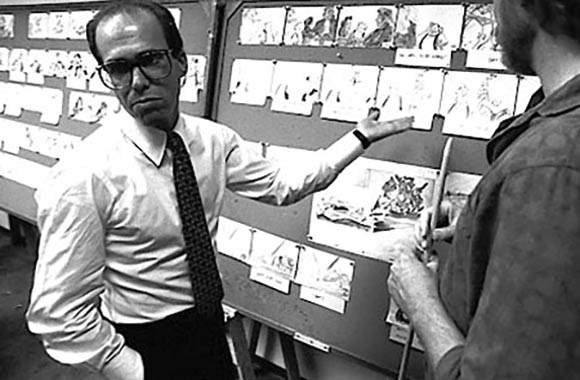
(A Weak Imitation of) 90s Success
In 2011, Disney released Winnie the Pooh, their last ever 2D animated film. The rise of Pixar, DreamWorks, Blue Sky, Sony, and others had seen 3D computer-generated animation become the industry standard. Disney had to ditch the beloved 2D format that had brought them so much success in the 90s. They are now producing more 3D animated movies like Frozen and Big Hero 6.
In the 2010s, Hollywood’s trend of “nostalgia” was beginning to rear its unoriginal head. Remakes of classic 80s and 90s movies like Ghostbusters, IT, Robocop, and Annie, legacy sequels (sequels of classic films that come long after the original was released) with Star Wars, Indiana Jones, and more. Nostalgia was the flavour of the decade for American cinema. Executives realized that they could take a pre-existing IP that people recognize and love, repackage that IP using the same actors, songs, and stories, and sit back, waiting for the money to come rolling in, with no desire to make new movies for new generations. No company realized this better than Disney.
Their 90s line-up had suddenly become a goldmine again. Soon, live-action remakes of Aladdin, Beauty and the Beast, The Jungle Book, The Lion King, and The Little Mermaid were all out or into production, with marketable and recognizable actors butchering classic roles and classic songs (Will Smith especially). And, oh boy, the money came rolling in. The Lion King, Aladdin, and Beauty and the Beast earned well over one billion at the box office.
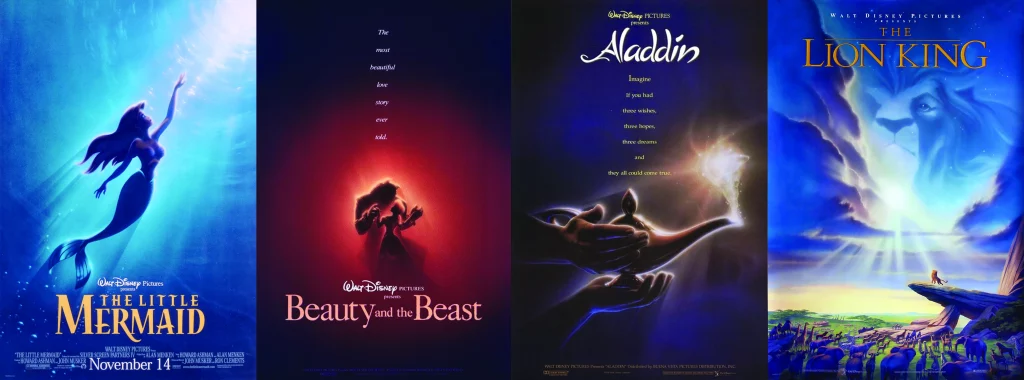
Despite the phenomenal amounts of money, the reviews of these live-action remakes were often negative from audiences and critics. Audiences tend to be highly defensive of a property they hold dear being remade, and critics blasted the over-use of CGI, the poor quality of said CGI, the lousy acting, and the overall hollow feeling that these remakes had. Soon, Disney garnered a less favourable reputation. Less of a magic factory and more of a cold and heartless corporation.
Manchester United, on the other hand, seemed to pick up on the nostalgia trend of Hollywood and applied it to their strategy, with a similar result. They had lost Sir Alex and had failed to recapture his glory with Moyes. The club felt like the only option was to bet on the proven cash cows of football. They began appointing and signing people who had proven themselves as fantastic footballers and footballing minds but were way past their best and had a quick expiration date. Falcao, van Gaal, Mourinho, Schweinsteiger, Valdes, Cavani, Ibrahimovic, and others flocked to Old Trafford at the tail end of their careers at the top level. They brought with them a wave of hype, shirt sales, and not much sporting future at the club.
A Club Lost in Nostalgia
Getting closer to Disney, Manchester United began appointing and signing old players and staff. Ole Gunnar Solskjær, who memorably cemented the treble, was appointed manager despite minimal coaching credentials. Promising to bring back the “United Way,” Ole led United to zero major trophies and made poor singings. Cristiano Ronaldo, a club and footballing icon, was signed in 2021 to much fanfare. He then dramatically left the club, with a tell-all interview slating the current manager Erik ten Hag, current players, and the ownership.
Both men had captured the hearts of United fans. Both had gone down in history. Yet both were used by the club to distract fans from their failings as an institution. Instead of signing new players, appointing new managers, and creating new memories for a new generation, the Glazers and co could bank on the recognizable. They loved to make their money with zero thought, precisely as Disney had done with their live-action remakes.
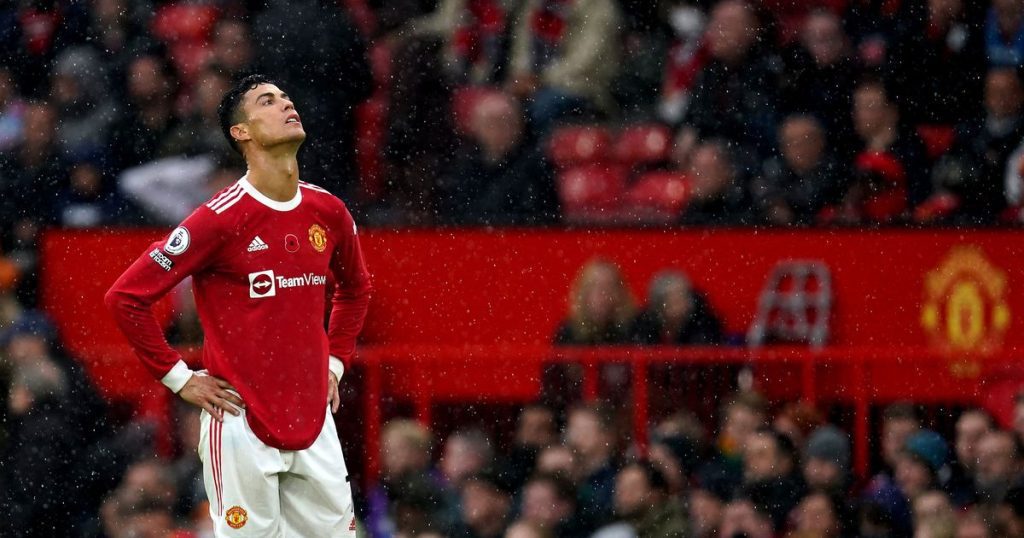
Future Success?
With the upcoming release of The Little Mermaid, it seems Disney’s nostalgia rush has no end in sight. They will continue to pump out safe, predictable movies that don’t challenge anyone. They don’t rock the boat of cinema, just clean, easy, safe money—a far cry from their once revolutionary methods in the 90s.
Manchester United, however, have a chance to break away from their status as a nostalgia club. With the upcoming sale and the start of the Erik ten Hag era, the Reds have a chance to purge themselves of their past. They can now go on to capture the hearts and minds of their fans, enacting a second renaissance by creating new legends.
If they do, then Old Trafford will once again be, to quote Walt Disney, “the happiest place on Earth.”


